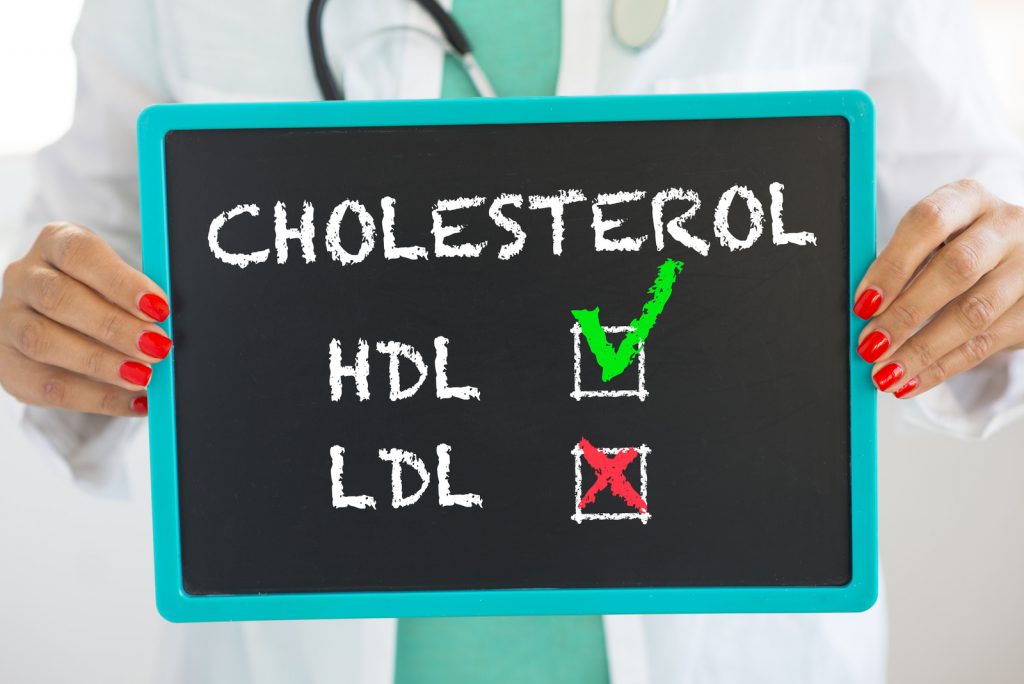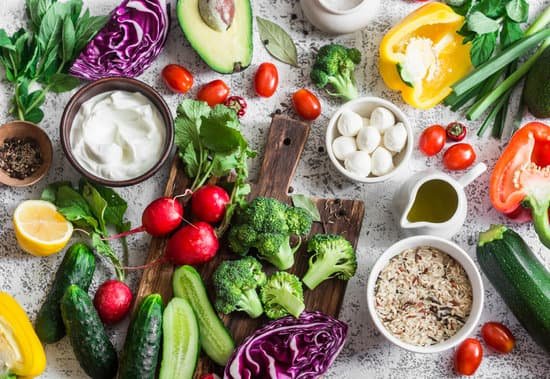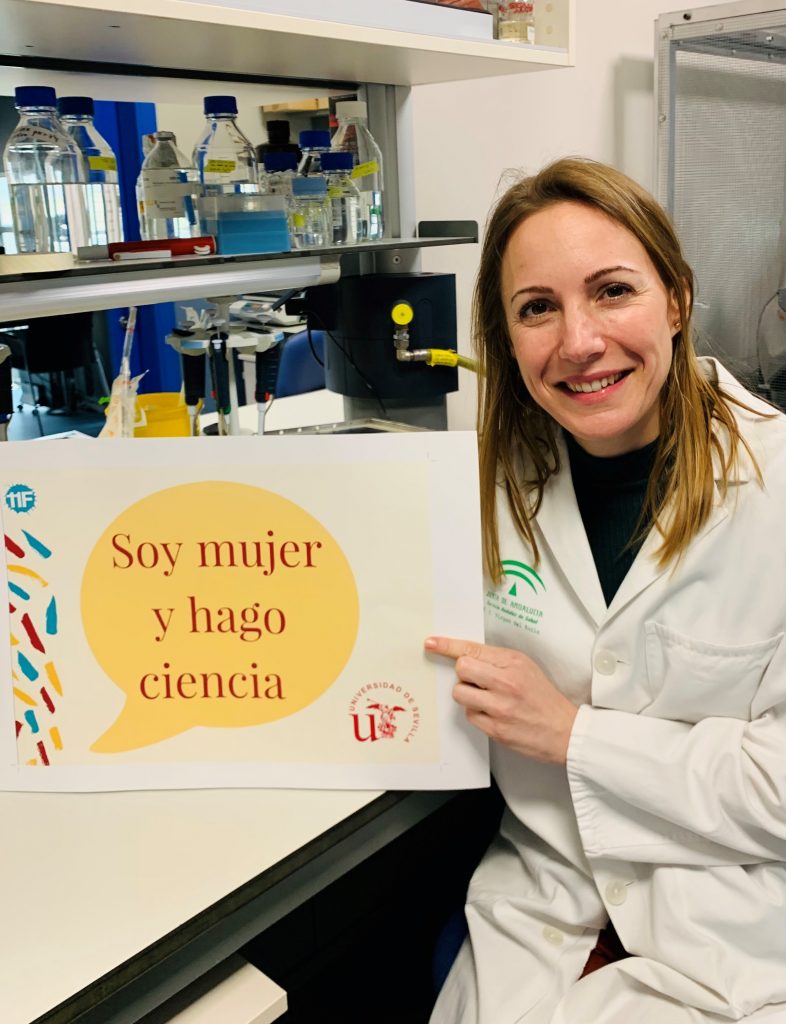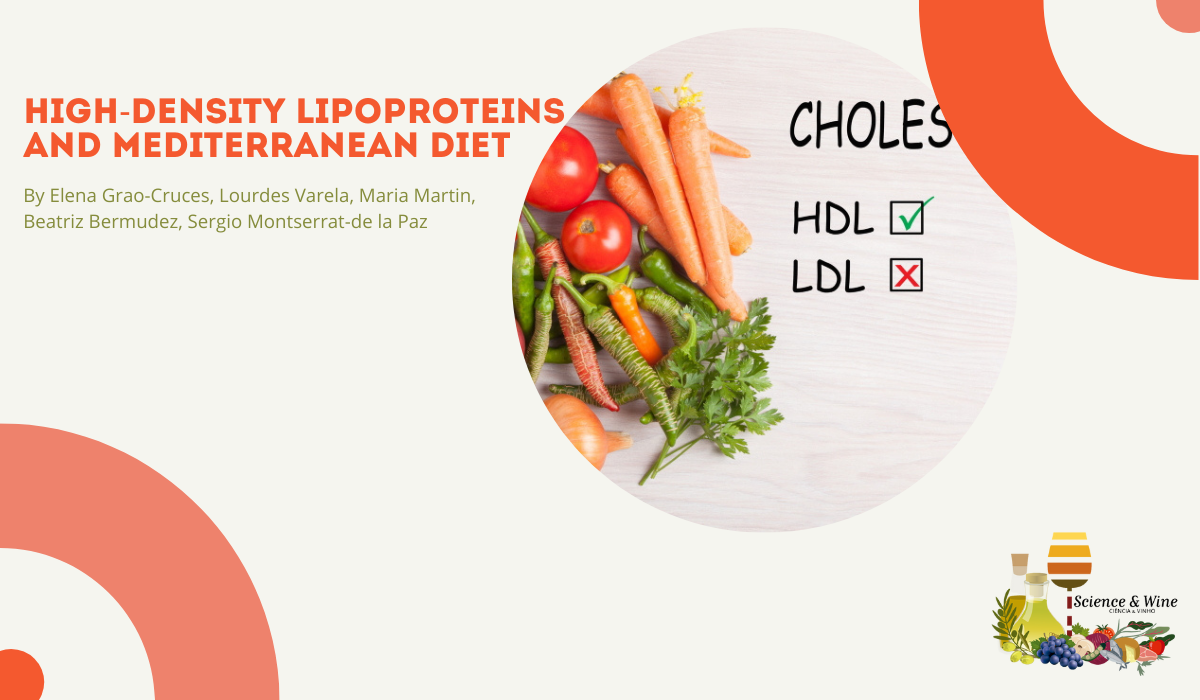By Elena Grao-Cruces, Lourdes M Varela, Maria E Martin, Beatriz Bermudez, Sergio Montserrat-de la Paz
Based on the article “High-Density Lipoproteins and Mediterranean Diet: A Systematic Review”. Elena Grao-Cruces, Lourdes M Varela, Maria E Martin, Beatriz Bermudez, Sergio Montserrat-de la Paz. Published in Nutrients. 2021 Mar 16;13(3):955. doi: 10.3390/nu13030955.
Low plasma levels of high-density lipoprotein cholesterol (HDL-C) is associated with an increased risk of cardiovascular disease (CVD). HDL-C is clinically considered as a protective factor against CVD and HDL-C raising therapies have emerged as an interesting pharmaceutical target to reduce CVD risk. However, HDL-C raising therapies did not show a reduction of CVD risk [1], leading to hypothesize that HDL protective role over CVD not only resides in cholesterol transport. Recent data suggest that HDL quality is particularly relevant to the HDL-associated cardiovascular protection. HDL quality resides on HDL composition and functionality and both of them could be modulated by physiological, such as dietary patterns, and pathological conditions, such as obesity and diabetes.
The most studied HDL function is the cholesterol efflux capacity. However, HDLs also exhibit an important antioxidant activity, which is particularly relevant to the protection of low density lipoprotein (LDL) against oxidation. Accumulation and subsequent oxidation of LDL in the artery wall is the onset of atherosclerotic plaque formation. Different HDL molecular components contribute to its antioxidant activity, like the antioxidant enzyme paraoxonase 1 (PON1) [2]. In addition, HDL transport a wide range of lipids and proteins, which by themselves conduct different functions. For example, HDLs carry sphingomyelin-1-phosphate (S1P), a bioactive lipid that has been negatively correlated with the severity of coronary artery disease [3].

Mediterranean Diet (MD) is a healthy dietary pattern that has been associated with benefits on the cardiovascular health. Specifically, MD presents the ability to modulate HDL composition and to improve HDL functionality, even in pathological conditions, such as obesity. Different randomized trials found evidence of HDL quality improvement by MD, even with isolated MD foods. The most studied food in the MD is the olive oil and its consumption reduces HDL oxidation, increases HDL cholesterol efflux capacity and HDL antioxidant activity [4-8]. Other MD foods, such as lycopene, nuts and fish, have also shown an improvement of the HDL antioxidant activity [4,9,10].

We conclude that MD is a tasty and healthy diet, which is usually accompanied by exercise, that provides many health benefits, including an improvement of cardiovascular health. Different foods and the MD as a whole, have demonstrated to improve HDL quality, however, further research must be performed in order to clarify specific changes conducted by specific foods or the global pattern of MD. In addition, further research on HDL quality is needed since it could provide a better biomarker for cardiovascular risk than HDL-C.

Elena Grao-Cruces 
Lourdes Varela 
María Esther Martin Rubio 
Beatriz Bermúdez 
Sergio Montserrat de la Paz 
Elena Grao-Cruces is a PhD. Student at University of Seville that works as a researcher in the Department of Biochemistry and Molecular Biology and Immunology in the School of Medicine, University of Seville, Spain. She has a Bachelor’s in Biochemistry and a Master in Medical, Clinical and Experimental Research. Elena has published six articles in high impact scientific journals, two of them as first author and three of them granted as “Article of the month” by the School of Medicine (University of Seville). She has participated in four national and international conferences. In 2020, she has won a grant of the Research Forum of Beer Research and Lifestyle to study the effect of beer consumption over high-density lipoprotein (HDLs) in metabolic syndrome patients. Her current research is focused on the lipidomic and proteomic change of HDLs after different fatty acid consumption.
Lourdes M Varela is graduated in Pharmacy and PhD in Mollecular Biology and Biomedicine at the University of Seville (US, Spain). Her PhD received the extraordinary award of the US (2014) and was conducted at the Instituto de la Grasa (CSIC, Seville), Baylor College of Medicine (Houston, TX, USA) and Leibniz Institute for Atherosclerosis Research (Münster, Germany). She did postdoc studies at INSERM in France (Paris), at the Instituto Catalán de Ciencias Cardiovasculares in Spain (Barcelona) and at the Andalusian Center for Molecular Biology and Regenerative Medicine (CABIMER, Seville, Spain). Since 2019, she works at the Institute of Biomedicine of Seville (IBiS, Spain) and her research is mainly focused on the search of early-stage biomarkers for cardiovascular pathologies in order to define potential targets of therapy.
María Esther Martin Rubio. After my Degree in Pharmacy (1995), I joined the “Membrane trafficking” research group at the Biology Faculty in the University of Seville. In 2002, I started working for the international company Leica Microsystems, becoming a specialist in Microscopy of the Research Division till 2010. After that period, I joined the “Eukaryotic Gene Expression” research group, collaborating in scientific projects concerning intracellular trafficking processes. Nowadays, as a member of “Ultrastructural Cytochemistry” group, I am working in a new research line related to the analysis of cell growth using culture dishes with integrated circuits and based on bioimpedance measurement. I have collaborations with other research groups in state agencies such as the “Instituto de la Grasa” and biotechnology companies. Recently, I have broadened my research to Immunonutrition, in order to develop new bioactive natural compounds that may be of interest in the inflammation processes of chronical diseases.
Beatriz Bermúdez, graduated in Biology at the University of Seville in 2002. Since then, her research activity, first as a doctoral student and later as a novice researcher, has focused on postprandial lipid metabolism and its involvement in the development of cardiovascular diseases. In 2007 she obtained the PhD degree, and in 2008, Dr. Bermúdez joined the Experimental Group of Vascular Pathology at the University of Maastricht as a Marie Curie postdoc, herein, she carried out studies on the regulator role of NAMPT in the atheroma plaque progression and destabilization. Dr. Bermúdez has published 65 publications, 60 of them in journals included in the SCI (51 in Q1), and 3 in journals not included in the SCI, and 6 book chapters in prestigious publishers. It has an average impact factor for its articles of 5.4 and an h-index of 19. In addition, it is a co-inventor of 3 patents. She has co-directed two theses PhDs, Dr. Almudena Ortega Gómez (2012) and Dr. Sergio Montserrat de la Paz (2016). Dr. Bermúdez has participated in 11 research projects (9 national and 2 international), in fact, she currently holds the role of principal investigator in two research projects (1806022301 FEDER-US; PAIDI 2020. P18-RT-3324). Her research work has been presented in many conferences and symposia both nationally and internationally. She is currently a Senior Lecturer in the Department of Cell Biology, Faculty of Biology, University of Seville.
Sergio Montserrat de la Paz. Professor in Medical Biochemistry, Molecular Biology, and Immunology at the School of Medicine (University of Seville, Spain). He is the head of the Immunometabolism Laboratory and his research is devoted to the molecular and immunological-related mechanisms by which lipoproteins and nutrients affect cardiometabolic and neurodegenerative diseases. Actually, He leads a research project to map HDL lipoproteome in the setting of Metabolic Syndrome (MetS) (Study supported by European Regional Development Fund Operational Programme 2014 to 2020).
References
- March, F.; Baigent, C.; Catapano, A.L.; Koskinas, K. C.; Casula, M.; Badimon, L.; Chapman, M. J.; De Backer, G.G.; Delgado, V.; Ference, B.A. ; et al. 2019 ESC/EAS Guidelines for the management of dyslipidaemias: Lipid modification to reduce cardiovascularrisk. Eur Heart J. 2020, 41, 111-181. doi: 10.1093/eurheartj/ehz455.
- Varela, L. M.; Mesenguer, E.; apergue, B.; Couret, D.; Amarenco, P.; Meilhac, O. Changes in High-density Lipoproteins Related to Outcomes in Patients with Acute Stroke. J Clin Med. 2020, 9, 2269. doi: 10.3390/jcm9072269.
- Sattler, K.; Lehmann, L.; Graler, M.; Brocker-Preuss, M.; Erbel, R.; Heusch, G.; Levkau, B. HDL-bound sphingosine 1-phosphate (S1P) predicts the severity of coronary artery atherosclerosis. Cell Physiol Biochem. 2014, 34, 172-184. doi: 10.1159/000362993.
- Hernaez, A.; Sanllorente, A.; Castañer, O.; Martinez-Gonzalez, M.; Ros, E.; Pinto, X.; Estruch, R.; Salas-Salvado, J.; Corella, D.; Alonso-Gomez, A. M.; et al. Increased Consumption of Virgin Olive Oil, Nuts, Legumes, Whole Grains, and Fish Promotes HDL Functions in Humans. Mol Nutr Food Res. 2019, 63, 1-5. doi: 10.1002/mnfr.201800847.
- Hernaez, A.; Fernandez-Castillejo, A.; Farras, M.; Catalan, U.; Subirana, I.; Montes, R.; Sola, R.; Muñoz-Aguayo, D.; Gelabert-Gorges, A.; Diaz-Gil, O; et al. Olive oil polyphenols enhance high-density lipoprotein function in humans: A randomized controlled trial. Arterioscler Thromb Vasc Biol. 2014, 34, 2115-2119. doi: 10.1161/ATVBAHA.114.303374.
- Helal, O.; Berrougui, H.; Loued, A.; Khalil, A. Extra-virgin olive oil consumption improves the capacity of HDL to mediate cholesterol efflux and increases ABCA1 and ABCG1 expression in human macrophages. Br J Nutr. 2013, 109, 1844-1855. doi: 10.1017/S0007114512003856.
- Farras, M.; Castañer, O.; Martin-Pelaez, S.; Hernaez, A.; Schroder, H.; Subirana, I.; Muñoz-Aguayo, D.; Gaixas, S.; de la Torre, R.; Farre, M.; et al. Complementary phenol-enriched olive oil improves HDL charasteristic in hypercholesterolemic subjects. A randomized, double-blind, crossover, controlled trial. The VOHF Study. Mol Nutr Food Res. 2015, 59, 1758-1770. doi: 10.1002/mnfr.201500030.
- Farras, M.; Fernandez-Castillejo, S.; Rubio, L.; Arranz, S.; Catalan, U.; Subirana, I.; Romero, M. P.; Castañer, O.; Pedret, A.; Blanchart, A.; et al. Phenol-enriched olive oils improve HDL antioxidant content in hypercholesterolemic subjects. A randomized double-blind, cross-over, controlled trial. J Nutr Biochem. 2018, 51, 99-104. doi: 10.1016/j.jnutbio.2017.09.010.
- McEneny, J.; Wade, L.; Young, I.S.; Masson, L.; Duthie, G.; McGinty, A.; Duthie, G.; McGinty, A.; McMaster, C.; Thies, F. Lycopene intervention reduces inflammation and improves HDL functionality in moderately overweight middle-aged individuals. J Nutr Biochem. 2013, 24, 163-168. doi: 10.1016/j.jnutbio.2012.03.015.
- Sola, R.; La Ville, A. E.; Richard, J. L.; Motta, C.; Bargallo, M. T.; Girona, J.; Masana, L.; Bernard, J. Oleic acid rich diet protects against the oxidative modification of high density lipoprotein. Free Radic Biol Med. 1997, 22, 1037-1045

